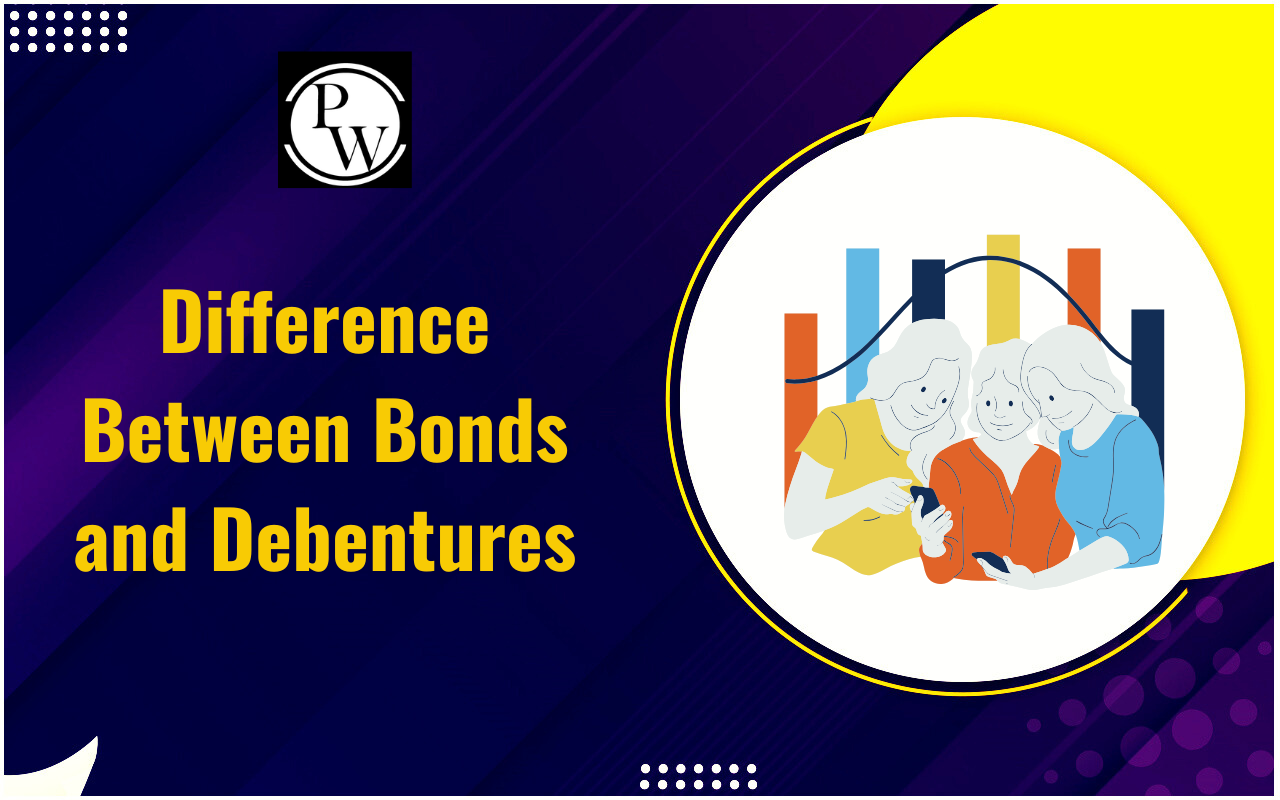
4th Largest Economy: Germany is the 4th largest economy in the World. It's like a big player in the global economic game. They make great cars like Volkswagen and BMW. They're good at technology and care about the environment. Germany's banks and businesses are strong, and the people are smart. This blog will explore why Germany is so powerful in the world economy and how it keeps growing.
List of Top 5 Largest Economy In The World
Germany has the world's fourth-largest economy, following the United States, China, and Japan. It is the world's third-largest exporter, with the service industry accounting for 70% of the country's GDP. In terms of nominal GDP size, Germany and India would be quite close to each other, making it a close race for the fourth-largest global economy. However, Germany is well ahead of India's GDP per capita.
The table below gives a list of top 5 largest economies in the world in terms of GDP, which is a key indicator to assess a nation’s economic status.
| Top 5 Largest Economies in the World | |||
| Rank | Country | GDP (USD billion) | GDP Per Capita (USD thousand) |
| 1 | United States Of America (U.S.A) | 26,954 | 80.41 |
| 2 | China | 17,786 | 12.54 |
| 3 | Japan | 4,231 | 33.95 |
| 4 | Germany | 4,430 | 52.82 |
| 5 | India | 3,730 | 2.61 |
Type of Economy
Germany, the 4th latest economy in the world, operates under a mixed economy. It allows for a free market economy to exist in consumer goods and corporate services. However, even in these areas, the government has established certain restrictions to protect its domestic markets. Germany has a controlled economic structure aiming to provide benefits, although those with higher earnings need to pay more in taxes. The government offers health insurance as well as education allowance for deserving citizens.
The Growth of the 4th Largest Economy in the World in Exports
The German economy is majorly focused on exports, and it is well-known for its precision in the engineering, automotive, chemical, and pharmaceutical industries. It benefits from a skilled workforce, significant research and development programs, and a strong dedication to promoting innovation.
Germany is one of the world's greatest exporters, with exports of $1810.93 billion worth of products and services in 2019. Germany's top ten export items are vehicles, machinery, chemical goods, electronic and electrical equipment, medicines, transport equipment, basic metals, food products, and rubber and plastics.
From 2003 to 2008, it was the world's largest exporter. It remained the third-largest exporter and third-largest importer in 2011. The engineering sector accounts for most of the country's exports, including machinery, vehicles, chemical items, and metals. Germany is a major manufacturer of wind turbines and solar power equipment.
Benefits of EU Membership Offered to 4th Largest Economy In the World
Germany is a founding member of the European Union, the G8 and the G20. Germany, the 4th largest economy globally, gains from its EU membership and adopting the euro currency. Like many other members, the euro's strength has helped keep interest rates low and encourage investment. Indeed, Germany benefits the most from its participation in the EU.Because of its robust manufacturing base, it has much to export to other union member countries, giving German companies a competitive edge that only grows over time. This generates wealth, allowing German customers to spend more on local markets.
As a result, the domestic market has flourished extensively and emerged as a more important source of economic growth. Germany was able to keep its budget deficit under 3% of GDP, as required by the EU. It reduced fiscal spending, and the country supports this approach to resolving the Greek debt crisis.
The Chancellor’s Role
Many believe that Germany thrived under Chancellor Angela Merkel's leadership. Angela Merkel, the current Chancellor, was a physicist and economic reformer from East Germany. She took charge after the election in 2005 and served as the Chancellor of Germany till 2021.
Merkel was able to handle the economic crisis and record-low unemployment rates successfully. She pushed the country through stimulus measures and tax cuts as a result of the recession, which led to economic stability. Merkel advocated austerity measures such as an increase in the sales tax and increased taxes on the wealthiest.
Under her leadership, the German economy experienced record-breaking achievements in 2011. German companies exported items worth more than €1 trillion, a record high. The number of people employed also climbed to 41.6 million, the greatest amount ever recorded.
Challenges Faced by the 4th Largest Economy In The World
Germany's economy is facing several issues. Low wage growth and inflation are two of the most serious concerns. After the global financial crisis in 2008, German employees suffered poor wage growth in exchange for job security. Germany had a comparatively low unemployment rate in 2020 compared to other countries.
With more money, German citizens might be motivated to spend and save more, boosting the German economy.
Another issue is an elderly society with minimal debt. Before the virus outbreak, Germany enjoyed a budget surplus and a lower public debt ratio than most developed countries. As a result, the government has more leeway to boost public spending. However, the government must decide how to allocate resources to long-term investment plans while simultaneously preserving money to pay for the pensions and healthcare of its elderly population.
The Present Scenario of the 4th Largest Economy
Because it relied on capital goods exports, the economy suffered a substantial setback following the 2008 financial crisis. The German economy is currently amid its fourth industrial revolution, utilising the benefits of the digital age. This change is referred to as Industry 4.0, and it encompasses technological solutions and processes with the high-end applications of IT and system networking in industrial sectors.
Largest Economy in the World FAQs
What is Germany's biggest export?
How does Germany benefit from the European Union?
Who leads Germany's government?
What is Industry 4.0?
What are the major challenges for Germany's economy?










